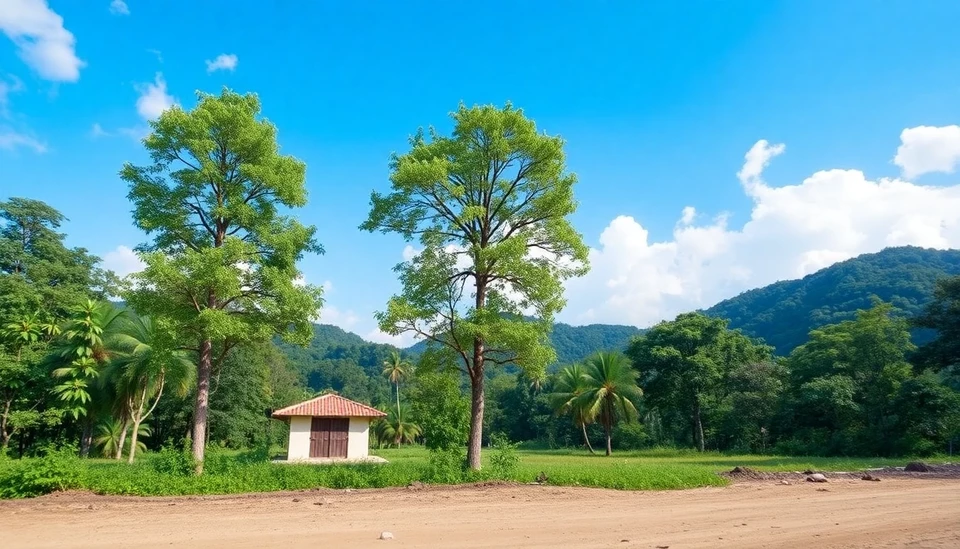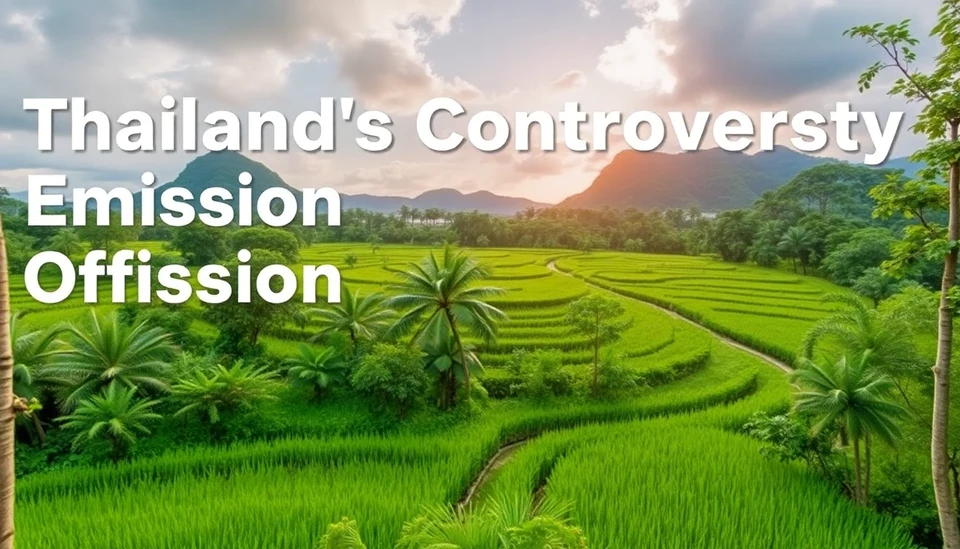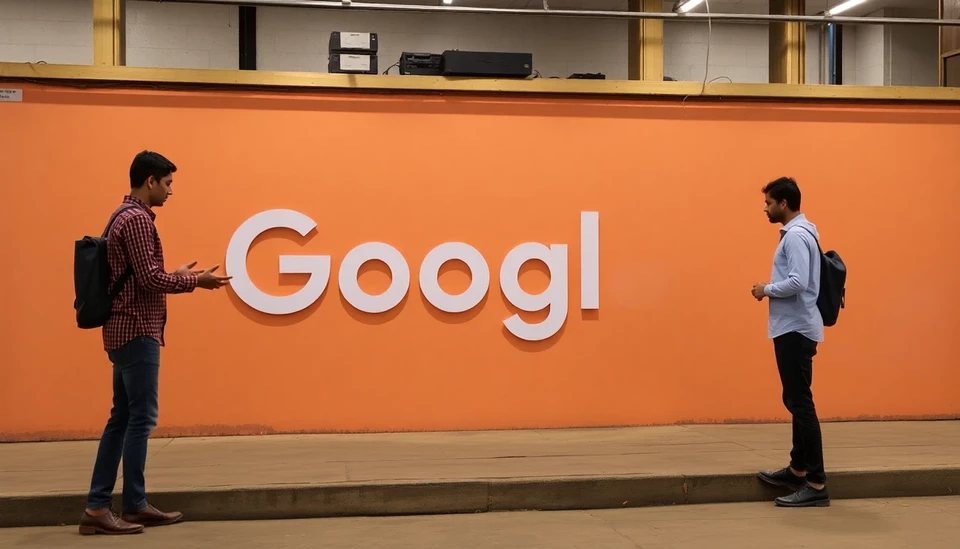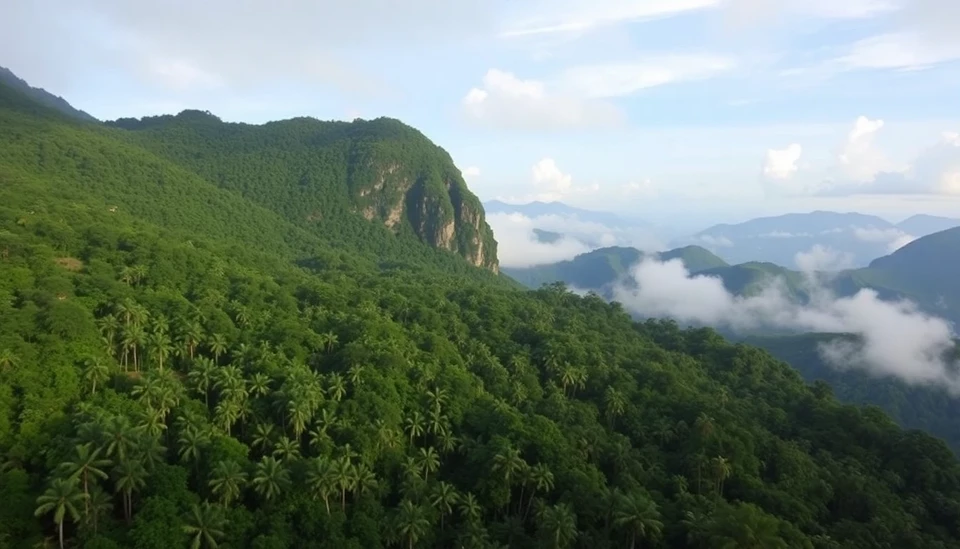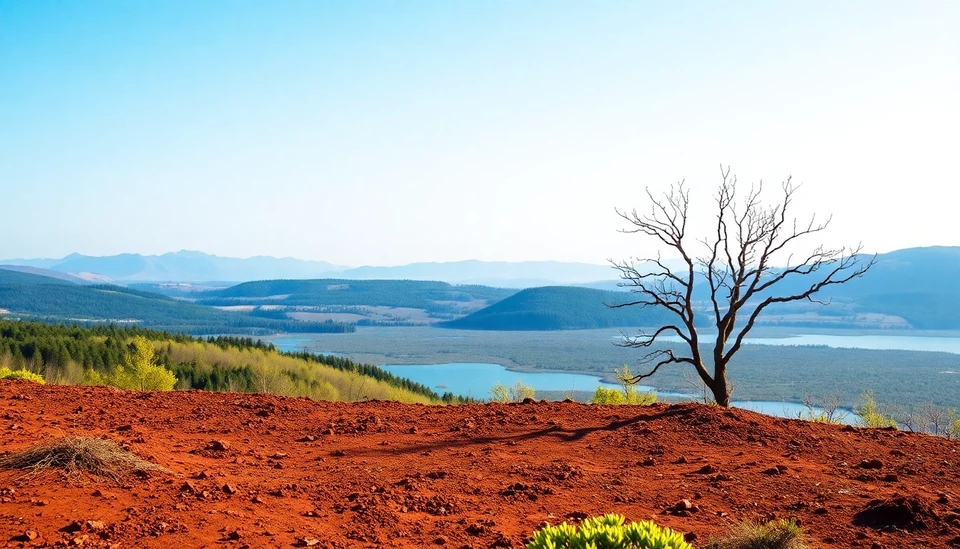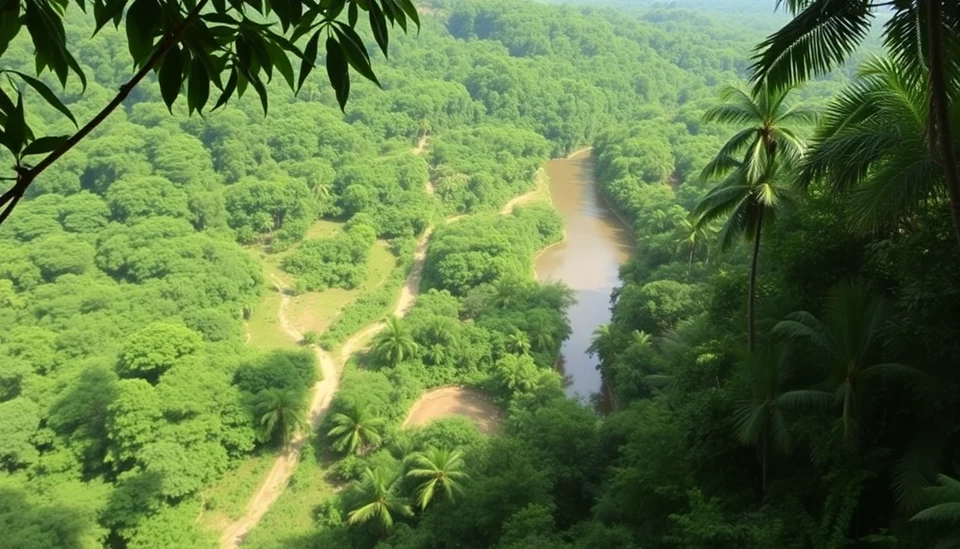
A pivotal discussion is unfolding surrounding the contentious topic of carbon offsets and the management of the world’s most significant rainforests, particularly in the Amazon. As governments, companies, and environmental groups navigate the complexities of climate change mitigation, the role of carbon credits as a tool for offsetting carbon emissions has become increasingly contentious.
The heart of the matter lies in the rise of the voluntary carbon market, a burgeoning industry where companies can purchase carbon credits — essentially certificates that represent a reduction of a certain amount of CO2 emissions. These credits are meant to counterbalance the emissions produced by a company's operations or products. However, the validity and efficacy of these credits have come under scrutiny, especially in light of recent developments in the Amazon rainforest.
In recent years, significant investments have poured into projects aimed at protecting and restoring forests in the Amazon. These initiatives are crucial in preventing deforestation and promoting biodiversity. However, they have sparked a fierce debate among stakeholders about whether these efforts align with genuine sustainability or if they simply serve as a form of “greenwashing” by corporations eager to enhance their environmental credentials without making substantial changes to their practices.
One significant concern is the potential for double counting of carbon credits. With multiple organizations selling credits for the same carbon reductions, there's a risk that companies may be claiming more reductions than what is actually achieved. This realization has led to calls for stricter monitoring and verification mechanisms to ensure that carbon credits represent credible and additional climate benefits.
Moreover, the indigenous communities of the Amazon are increasingly vocal about their rights and the impact of carbon offset projects on their land and lifestyles. As these communities have long been guardians of the rainforest, their involvement and consent are crucial for any initiative that aims to protect the environment. There are fears that without their participation, the carbon offset projects could perpetuate existing injustices or undermine the socio-economic fabric of these communities.
In response to these challenges, some leading players in the carbon credit market are advocating for more transparency and robust standards to govern carbon offsets. This has led to the emergence of various certification programs aimed at ensuring the integrity of carbon credits and fostering trust in the market. More rigorous criteria are being developed, including a focus on additionality — the principle that carbon reductions must be additional to what would have taken place in the absence of the project.
Amid this backdrop, there are also hopeful signs of progress. Innovative approaches to community-based conservation and projects that prioritize indigenous knowledge are gaining traction. These initiatives not only help in carbon sequestration but also provide economic opportunities for local populations. By integrating local communities into the management and benefit-sharing of carbon offset projects, a more holistic and sustainable approach to conservation can be realized.
As the world accelerates its efforts to combat climate change, the debate over carbon offsets is expected to intensify. Stakeholders must navigate a challenging landscape where ethics, economics, and environmental justice intersect. The need for responsible practices in the voluntary carbon market has never been more pressing, as the future of vital ecosystems like the Amazon hangs in the balance.
Ultimately, the conversation about carbon offsets is far from settled. It underscores the complexities of environmental policy and the urgent need for collaborative approaches that respect the rights of indigenous peoples while effectively addressing the climate crisis.
As we venture further into the climate crisis era, the outcome of this debate will significantly shape the strategies deployed to protect our planet for generations to come.
#CarbonOffsets #AmazonRainforest #ClimateChange #Sustainability #Greenwashing #IndigenousRights #Biodiversity #CarbonCredits
Author: Peter Collins
